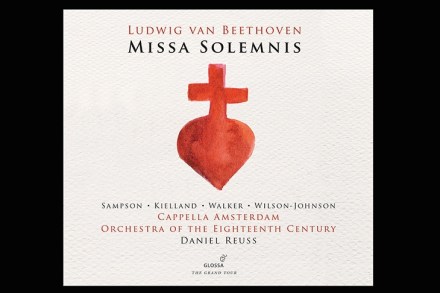England Lost/Gotta Get A Grip
Two songs in which Sir Michael informs us that he is distressed by both Brexit and Donald Trump. Released with, according to the 70-year-old singer, ‘urgency’: he can see that we are in trouble and was naturally anxious to help us out. The first, ‘England Lost’, is at least redeemed by a soupçon of wit. Jagger explains that he went to see England play football but that they lost, and he got wet in the rain. But it then turns into a sort of state of the nation thing, by the simple addition of an apostrophe and the letter ‘s’. England’s lost, he bemoans, and chucks in an incoherent allusion




















